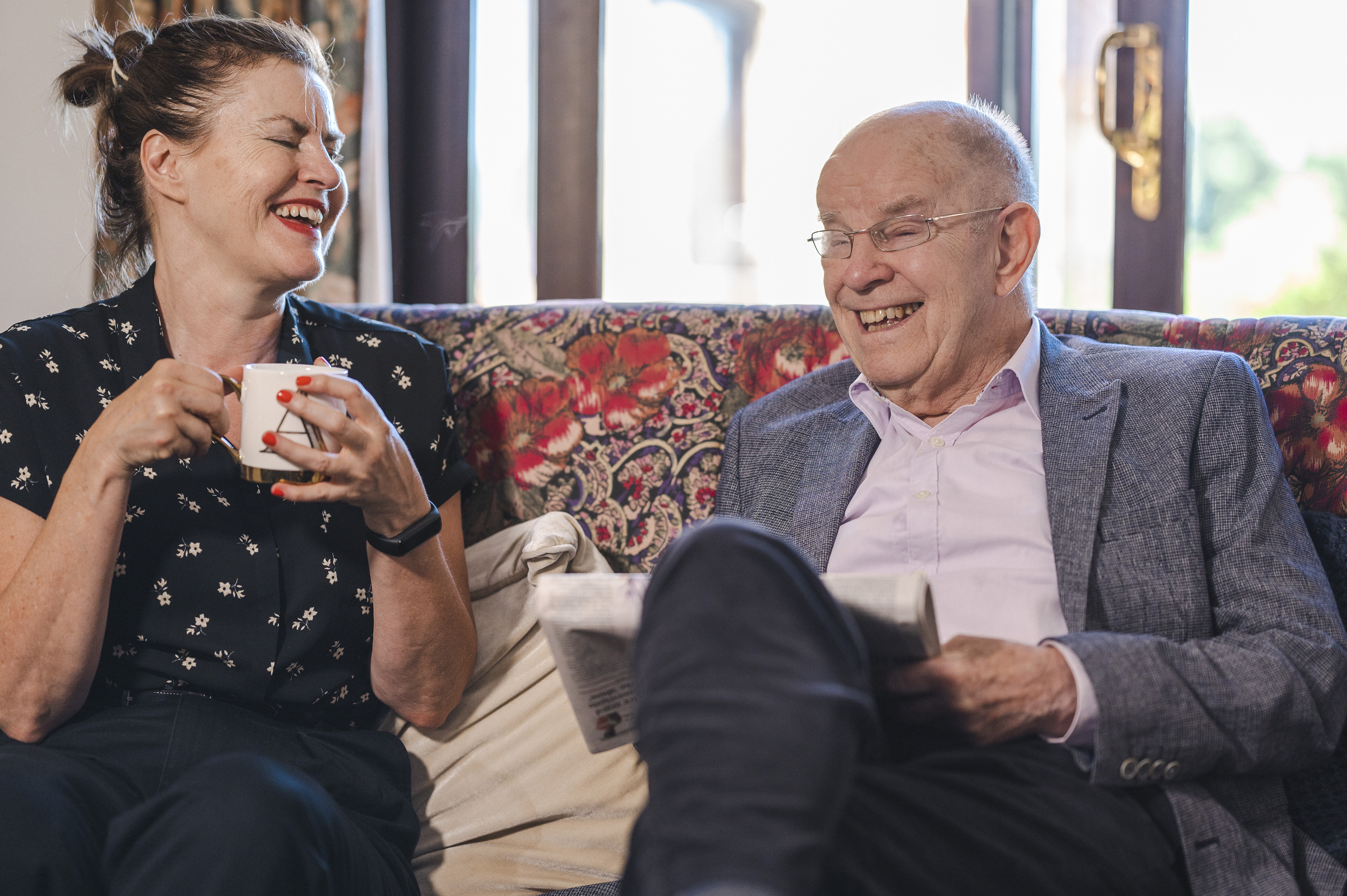Unlocking the Art of Active Listening
10 min read
In a world filled with noise and distractions, the art of active listening is often drowned out. We’ve all been there – nodding along to a friend’s story while our minds wander, waiting for our turn to speak. But what if I told you that active listening could be the key to forging more meaningful friendships? Let’s explore what active listening is, why so many of us struggle with it, and how it can enhance our connections with others.

Understanding Active Listening
Active listening is more than just hearing words; it’s about truly comprehending and engaging with what someone is saying. It involves giving your full attention to the speaker, both verbally and nonverbally, and seeking to understand their perspective without judgment. Active listening is a fundamental building block for forming deeper connections
The Epidemic of Non-Listening
In today’s fast-paced world, the art of active listening has been pushed aside. Many of us are guilty of “hearing” without truly listening. We’re preoccupied with our own thoughts, constantly checking our phones, or planning our responses before the speaker has finished. This epidemic of non-listening has far-reaching consequences, from strained relationships to missed opportunities for genuine connection.
The Power of Active Listening in Friendship
Active listening is a game-changer when it comes to building meaningful friendships.
Here’s how it works:
Fosters Trust: When you actively listen, you convey respect and empathy, which can deepen trust in your relationships.
Deepens Understanding: Active listening allows you to gain insights into your friends’ thoughts, feelings, and experiences, strengthening your bond.
Resolves Conflict: By truly hearing someone out, you can address misunderstandings and conflicts more effectively.
Boosts Self-Esteem: Being heard and understood validates a person’s feelings, boosting their self-esteem and strengthening your connection.

Top 10 Tips for Becoming an Active Listener
Give Your Full Attention: Put away distractions, make eye contact, and show you’re fully present.
Don’t Interrupt: Resist the urge to interrupt or offer advice until the speaker is finished.
Use Verbal Cues: Offer brief affirmations like “I see” or “I understand” to show you’re engaged.
Ask Open-Ended Questions: Encourage further conversation by asking questions that require more than a simple “yes” or “no” answer.
Empathize: Try to understand the speaker’s emotions and acknowledge their feelings.
Avoid Judging: Suspend judgment and keep an open mind, even if you disagree with what’s being said.
Reflect and Summarize: Periodically reflect on what you’ve heard and summarize it to ensure you’re on the same page.
Use Nonverbal Cues: Nodding, smiling, and maintaining an open posture can show you’re engaged.
Stay Patient: Some people take time to express their thoughts fully; be patient and give them space.
Practice Mindfulness: Cultivate mindfulness to stay in the present moment and fully engage with the speaker.
Summary
Active listening is the secret sauce to forming deeper, more meaningful friendships. In a world where true connection can feel elusive, taking the time to listen actively can set you apart. By giving your full attention, empathizing, and suspending judgment, you’ll not only strengthen your existing friendships but also open the door to new, profound connections. So, let’s make a conscious effort to put down our distractions, quiet our inner chatter, and truly listen. Your friendships will thank you, and the rewards of genuine connection will be worth every moment of active listening.
Why do we do this? Because friendship matters! It matters to us. It matters to you. Take a look at our website to find out more about how we can enrich your social life. Or contact us at hello@buddyhub.co.uk if you have any questions.
